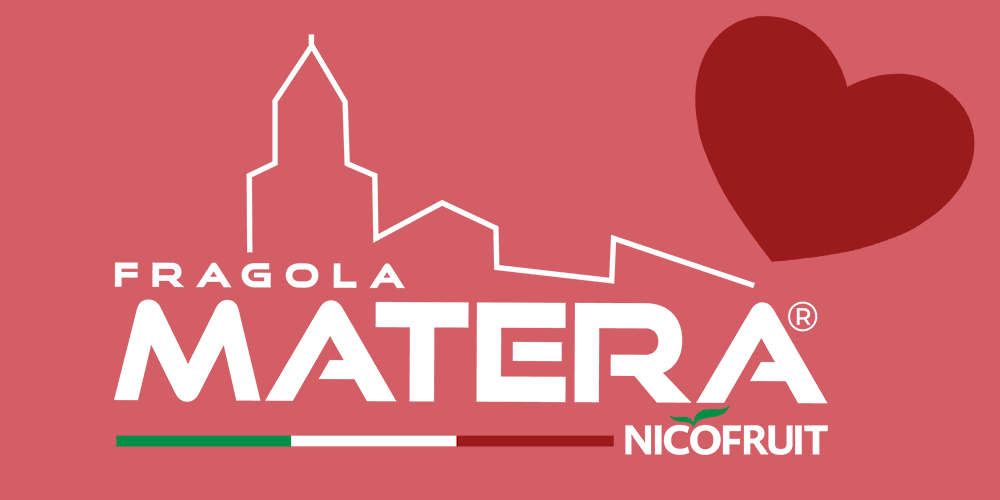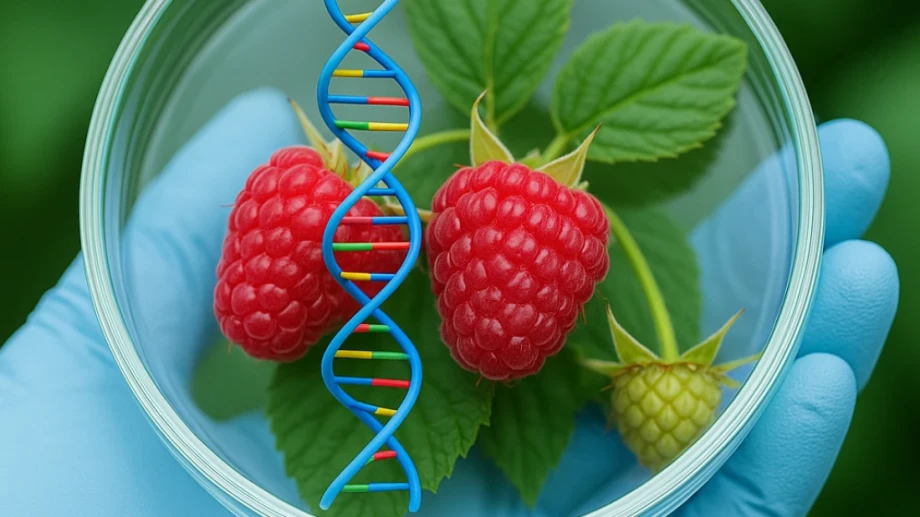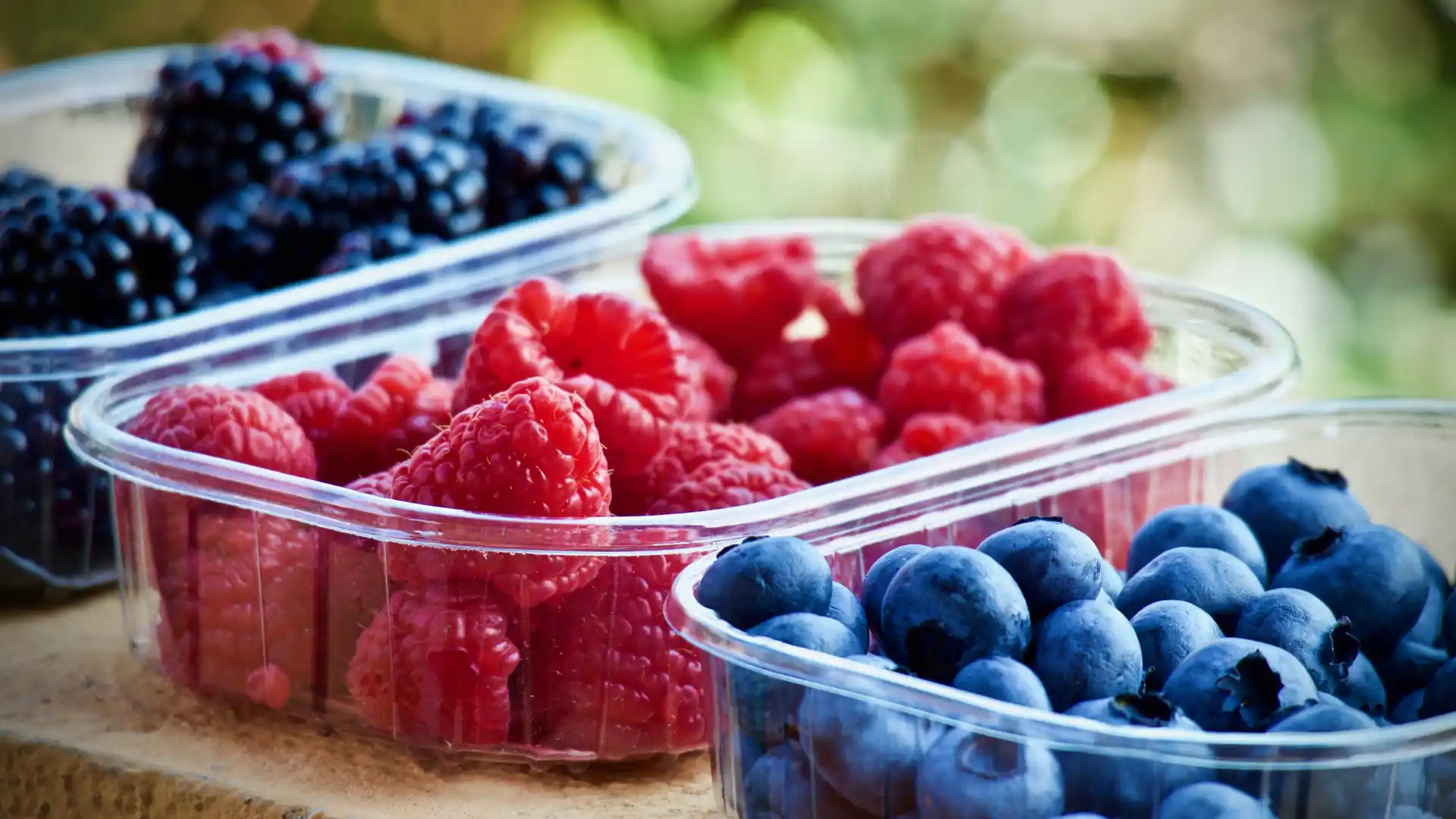A team from Cranfield University (United Kingdom) has published the first validated method to edit the raspberry genome without introducing foreign DNA. This breakthrough paves the way for varieties with longer shelf life, resistance to fungi, and improved quality traits, with the potential to reduce losses throughout the entire food supply chain.
In a study published in Frontiers in Genome Editing, the researchers isolated individual raspberry cells and used CRISPR-Cas9 to edit their genome, laying the foundations to accelerate the improvement of this fruit.
The importance of this result lies in the fact that it will enable the development of traits such as greater firmness and resistance to molds, allowing raspberries to last longer in refrigerators and reach consumers’ homes in better condition, helping to reduce waste and improve sustainability.
Benefits for quality
This platform could also be used to develop attributes such as increased sweetness, larger fruits or fewer seeds, as well as improved tolerance to heatwaves, thereby enhancing quality and yield.
The team projects that versions of elite cultivars, precisely edited, could be generated in about 12 months to begin propagation and field trials, compared to traditional breeding cycles that require ten years or more.
The study validated the genetic editing of raspberry cells; the next step will be to regenerate whole plants from these cells. While this is feasible in many species, in others it may prove technically complex. Only then will it be possible to evaluate fruits edited with the desired traits.
Impact on the supply chain
Dr. Miguel Ángel Sánchez, Executive Director of ChileBio, emphasized: “The fact that raspberries can last longer without losing quality is a benefit for the entire chain, from farmers to consumers. But this advancement goes further: it shows how genetic editing and biotechnology can help us produce raspberries more sustainably, reduce losses, and better respond to the challenges of climate change.”
According to current legislation in England, as well as in Chile, biotechnological modifications obtained through this “foreign DNA-free” technique are not considered transgenic, since they do not incorporate genes from other species.
Text and image source: chilebio.cl











